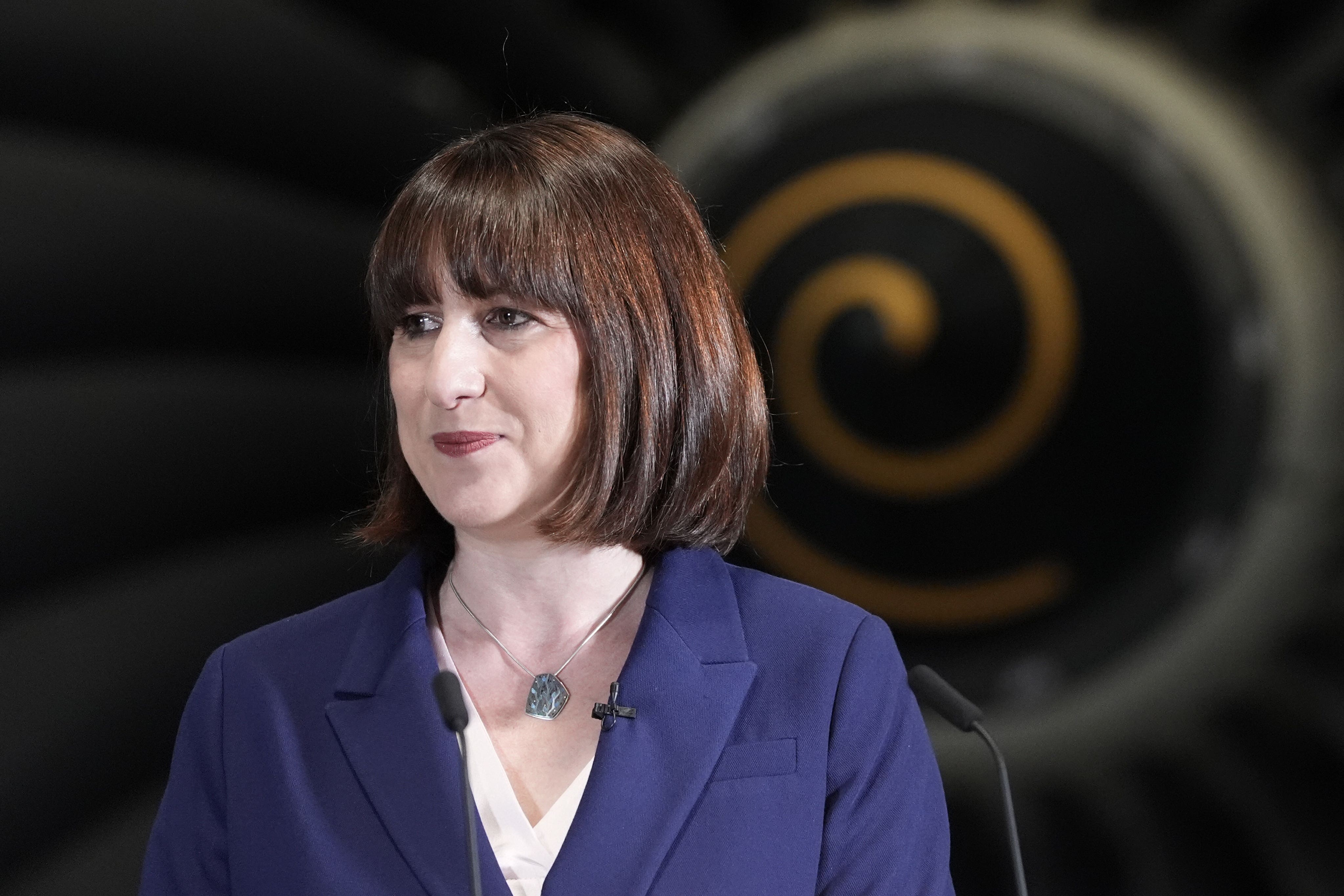Which taxes could rise if Labour wins the general election?
As the arguments over fiscal policy continue in the aftermath of the leaders’ debate, Andrew Grice looks at the promises Labour has made – and the chances of their being kept


The Conservatives claim that Labour is considering 10 separate tax increases if it wins the general election, after challenging Keir Starmer’s party to rule out a series of rises.
Rachel Reeves, the shadow chancellor, has announced that Labour would not raise income tax, national insurance or VAT. She previously promised not to raise the other of the “big four” revenue raisers – corporation tax – during the next five-year parliament.
Although Labour dismissed as a “lie” Rishi Sunak’s claim that Labour would impose a £2,000 tax hike on working households over four years, the Tories are continuing to mine the tax seam. On Thursday, Jeremy Hunt, the chancellor, urged Labour to match his “family home tax guarantee” to protect homes from capital gains tax, and his promise not to increase stamp duty or the number of council tax bands or to revalue homes for council tax (which is currently based on 1991 property values).
Which taxes has Labour promised to increase?
The Labour manifesto, to be launched next week, will confirm Labour’s plans to impose VAT on private schools; extend the windfall tax on oil and gas companies; close loopholes left by the government’s changes to non-dom tax status; and tax private equity bonuses as income rather than at the lower rate of capital gains. These changes will fund Labour’s limited “six first steps”, including 6,500 more teachers and an extra 400,000 NHS appointments per week.
Labour says this is “the sum of the tax changes that we will be bringing in” and insists it has “no plans to impose tax rises on working people”.
Could Labour decide to go further on tax after the election?
It might. Starmer and Reeves have pledged that there will be “no return to austerity”, but would inherit extremely tight public spending budgets as Hunt has pencilled in £20bn of cuts. Officially, Labour hopes higher economic growth will allow it to rescue crumbling public services. But that will not happen overnight, and some Labour MPs privately hope a Starmer government would raise taxes quickly and try to blame the move on the Tories’ rotten legacy. History tells us that taxes normally rise after an election.
What would Labour’s options be?
In the past, Reeves has called for council tax to be replaced by a “property tax levelled on property owners”. A 0.7 per cent charge on the value of homes could raise £13bn more than council tax.
A council tax revaluation could be presented as a “levelling up” measure that would reduce bills in the North and raise them in the South. But successive governments have shied away from the move, as it would create lots of losers.
Reeves might be tempted to reduce the many tax reliefs and has ordered a review of them. She previously supported cutting the relief on pension contributions enjoyed by high earners, who receive more than half of the £67bn annual relief. Restricting relief to the 20 per cent basic rate of tax would raise £15bn, while limiting it to 30 per cent would raise £3bn. But a Labour spokesperson said: “We have no plans to change pensions tax relief.”
Some senior Labour figures want Reeves to increase capital gains tax, but the Tories would brand this a breach of her pledge not to bring in a “wealth tax”.
What do independent experts say?
That neither the Tories nor Labour are being honest with voters about the parlous state of the public finances. Paul Johnson, director of the Institute for Fiscal Studies, called the tax debate “depressing”, saying: “We don’t know what either party will do on tax over the next parliament ... It looks more likely than not that either party would need to raise taxes if they want to avoid serious spending cuts and meet the fiscal rules to which they have both signed up.”
Would taxes go up if the Tories won the election?
Yes. Although the Tory manifesto will likely pledge a further reduction in national insurance contributions, both main parties would maintain the freeze in allowances and thresholds that Sunak introduced as chancellor in 2022. This will continue until 2028, by which time it will raise at least £33.6bn a year – the equivalent of raising the 20p basic rate to 25p. It will bring 3.7 million more people into the income tax net, create 2.7 million more higher-rate taxpayers paying 40 per cent, and drag 600,000 more into the top 45 per cent rate of tax.
Some Tories admit privately that they would find it difficult to make the £20bn of cuts pencilled in by Hunt. In the absence of stronger growth, a Tory administration could look for more stealth taxes or tweak the chancellor’s fiscal rules to allow higher borrowing. But we might never find out.






Join our commenting forum
Join thought-provoking conversations, follow other Independent readers and see their replies
Comments